

24 lead generation tools to grow your business
10 May 2018
Amidst all the noise online it can be a real challenge to stand out from competitors. A lead magnet can be a great way to make an unforgettable first impression and engage your customers. They are also a fantastic incentive for prospects to agree to share their email address or other personal information with you.
The beauty of lead magnets are that they are based on an ‘exchange of value’. For them to work, you must create great value for your potential customers by solving a problem or satisfying a specific need. By doing this, they’re a win-win for both you and your customer. Any lead magnet you create should provide valuable information, demonstrate your expertise, and be easy to digest.
Here are a 24 of the best performing, well tested lead generation tools you might consider using:
1. Free Training
This can include anything from workbooks, videos and online training. It can be delivered through regular e-mails, blogs or through specific e-learning platforms. If your customers have problems that require multiple steps that can be broken down into step-by-step training, it would be a very effective tool to continually draw potential customers back to your brand, so they can begin to solve their problem. By solving a small piece of their problem you will boost your credibility and earn their trust.
2. Templates
Free templates are very popular, so they’re a great way to engage prospects and generate targeted leads. Templates are really diverse and can consist of almost anything, from a spreadsheet or word document to an interactive PDF or HTML file. Just ensure your template supports your product or service and doesn’t replace it. If people are using the templates you are creating, it’s likely that they will also be interested in what your business has to offer.
3. Toolkits
Toolkits can be a little more time consuming to make, but something you can develop over time. They make valuable lead magnets because they are filled with resources that include things like e-books, a worksheet or checklist and maybe even a video. You can build this content over time though, and combine blog posts and other relevant content you have already produced.
4. Cheat Sheets
Cheat sheets are short and sweet. They consist of informative short tips and lists created to help your audience solve problems and reach goals faster. People love examples of how to do things, especially if it helps them out by removing some of the guesswork from their job.
5. Free product or service
Customers want to feel valued. Giving them something in exchange for taking an interest in your business is an instant perk that wont go unnoticed. MailChimp uses this strategy with it’s ‘forever free plan’ where you can send 12,000 e-mails, and have up to 2,000 subscribers free. This is a great way to get people to try out their service. Customers can then upgrade to get access to additional features exclusive to paid plans.
6. Product samples
Who doesn’t like free stuff? Free samples make very effective lead magnets, especially if your product is new on the market. Providing samples for free gives potential customers the chance to evaluate whether or not your product is for them. If you’ve got the right product, and are targeting the right audience, then more often than not they will be interested in buying the full version.
7. E-books
An E-book is for digital viewing and can be easily downloaded at the click of a button. It’s structured like a book, but is often much shorter and more visually capitulating – with images, lists, graphs and diagrams. E-books are a great way to get content into your customers hands and to start building a relationship, without the cost of having to print and ship a physical copy of a book.
8. Podcast
Businesses are increasingly using podcasts to increase their prospects. These are most often used to educate and inform your audience – offering interviews, discussions and lectures (you can even create a podcast of your e-book). Audio gives your brand a more personal connection with your audience, which can be lacking in the written word.
9. Checklists
A checklist is a list of things relevant to your customers needs that they might need to do or acquire before an event or to achieve a goal.
10. Worksheets
There are tasks in every business that are best performed using a worksheet. Creating a simple worksheet for people to fill out is an effective exchange for an opt in.
11. Quiz
Quizzes have proved popular over the years and are a fun, creative way to engage your audience and learn more about them. Make sure the quiz is related to your industry but don’t be afraid to get creative.
12. Case study
Detailed case study downloads are a great opportunity to tell a story about clients you’ve worked with, and how they’ve got results. Although a case study doesn’t necessarily need to be a big client name you’ve worked with, it could be a company that inspires you. You can still leverage their brand to build your own brand.
13. Free consultation
Sometimes people want an opportunity to speak to an expert directly about their problems. You could answer someones questions in a fraction of the time it might take them to look up. Which is appealing grounds for them to opt in. It’s a good way of finding out if you’re the right company for that person, and whether they’re willing to pay for your service.
14. Vouchers and offers
Not only are vouchers and offers a good way to collect e-mail addresses, but they’re also a great way to convert those subscribers directly into customers. We all love to save a bit of money.
15. Webinar with live Q&A
A webinar is another way of matching value to the needs of your market. You can offer both live and pre-recorded webinars. You can promote and schedule the live event for a specific date and time. People who missed the live version, or people who wish to watch it again would have an opportunity to do so with a recorded version that you upload to your website. All they would need to do is provide their e-mail address.
16. ‘How to’ guides
Another way great way to attract and audience is to help them solve a specific problem. Opting in to receive a ‘how to’ guide is a time investment, but people will do it if your guide can solve their problems. So make sure your subject area is specific, niche and something people will find useful.
17. White Papers
Are advanced problem solving guides. They offer a lot of useful, in-depth information providing a good opportunity to educate your audience around a topic relevant to your industry. They’re a good tool for establishing you and your company as an authority in the industry.
18. Infographics
Infographics offer a ton of useful, easy to digest information. They can be time consuming to make, so you’ll want something in return. An e-mail address will do nicely!
19. Calculators
A calculator could be an online tool such a mortgage calculator or as simple as a downloadable spread sheet.
20. Branded promotional giveaways
This old school method is a great way of raising brand awareness in certain sectors for certain types of businesses.
21. Mobile games and apps
Games and apps are a fun incentive to obtain someones details. Companies like Nike have their ‘Nike+ Run Club’ App. It’s free, all you have to do is opt in.
22. Competitions
These are one of the most effective forms of lead generation. Just ensure that what you’re giving away is something your audience actually wants! Try and keep the competition in keeping with your brand. For example Dove ran a brilliant competition, where they asked their fans to tell them why their friend represented real beauty by entering their friends name and two things that made them beautiful. Rather than giving away a car, or an iPad, the winners became the next faces of Dove.
23. Talks
Presenting to a room full of people about an area of your expertise positions you as an expert to everyone in attendance. If you did a good job, and spoke to a relevant audience, come the end of the event you’ll have floods of people approaching you. For added value you could record these and publish them online, or make your presentation available for download.
24. Facebook group
Setting up a membership group on Facebook is completely free. It’s a great platform to build relationships and credibility by helping others – people will flock to your group for your expertise and over time you can convert this community into customers.
Keep up to date with what we’re up to via email
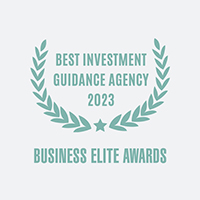
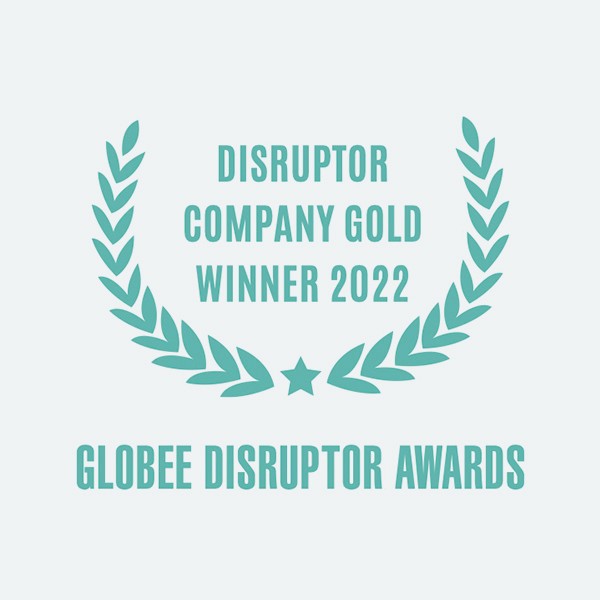
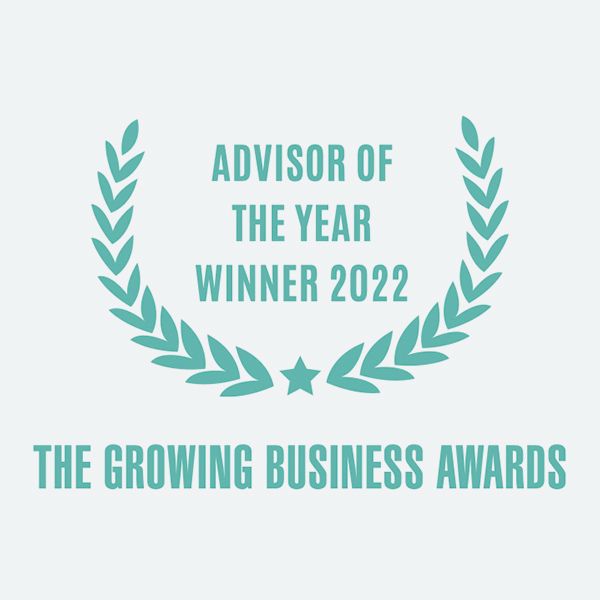
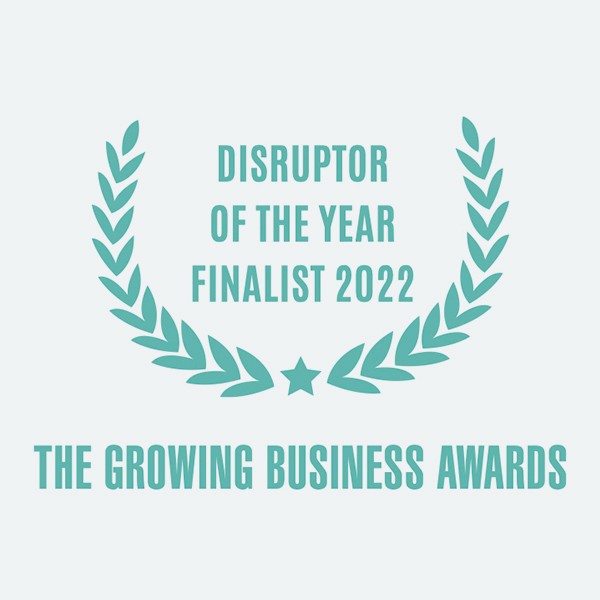
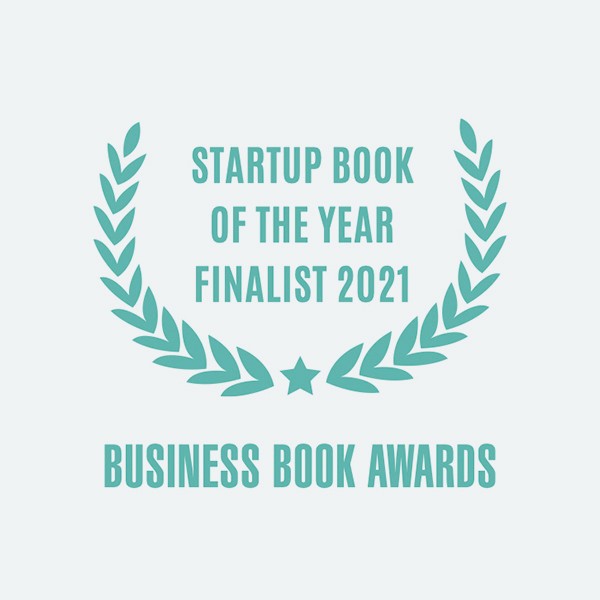

Copyright ©Robot Mascot Ltd. All rights reserved.





